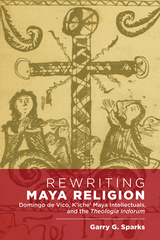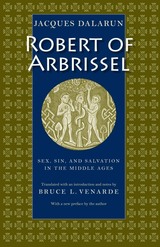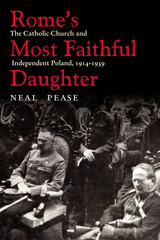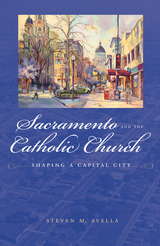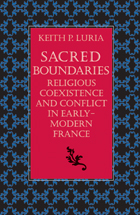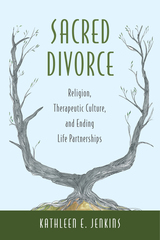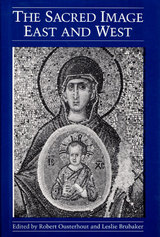Prince, Musical Genre, and the Construction of Racial Identity
University of Michigan Press, 2025
Paper: 978-0-472-05734-4 | eISBN: 978-0-472-22214-8 | Cloth: 978-0-472-07734-2
See other books on: Construction | Individual Composer & Musician | Musical Genre | Prince | Racial Identity
See other titles from University of Michigan Press
Paper: 978-0-472-05734-4 | eISBN: 978-0-472-22214-8 | Cloth: 978-0-472-07734-2
ABOUT THIS BOOK | AUTHOR BIOGRAPHY
ABOUT THIS BOOK
Throughout his career, the Minneapolis musician Prince was known for fusing different musical genres as well as moving between different identities—sexual lothario, devout man of God, androgynous sprite—qualities that fit the postmodernism of the 1980s. This volume takes a fresh look at Prince’s work, arguing that his music was deeply informed by the history and techniques of Black culture, and that his multigenre fluency and changeable image were weapons that he deployed in a career-long fight against the racially segregated structures of the American music industry. Using a methodology that mixes musicology with African American literary theory, queer theory, and gender studies, this book analyzes the ways that Prince mixed and manipulated musical genres that are indexed to racial identities—such as “White” rock or new-wave, and “Black” funk, gospel, or R&B—in order to construct pluralistic identities.
Each chapter includes detailed musical analyses and transcriptions of Prince’s songs, focusing on his use of rock guitar, new-wave synthesizers, funk drumming, gospel singing, and R&B horns. By tracking Prince’s transformations of instrumental and vocal idioms derived from specific musical genres, and considering the historical and cultural values embedded within those genres, Griffin Woodworth explores the ways that Prince musically broke down stereotypes of Black masculinity. With its intersectional approach to musical analysis, this book captures the sounds of American racial politics in the 1980s, 90s, and 2000s as heard through the music of one of the era’s most popular artists as he worked to transform and transcend those politics.
Each chapter includes detailed musical analyses and transcriptions of Prince’s songs, focusing on his use of rock guitar, new-wave synthesizers, funk drumming, gospel singing, and R&B horns. By tracking Prince’s transformations of instrumental and vocal idioms derived from specific musical genres, and considering the historical and cultural values embedded within those genres, Griffin Woodworth explores the ways that Prince musically broke down stereotypes of Black masculinity. With its intersectional approach to musical analysis, this book captures the sounds of American racial politics in the 1980s, 90s, and 2000s as heard through the music of one of the era’s most popular artists as he worked to transform and transcend those politics.
See other books on: Construction | Individual Composer & Musician | Musical Genre | Prince | Racial Identity
See other titles from University of Michigan Press

